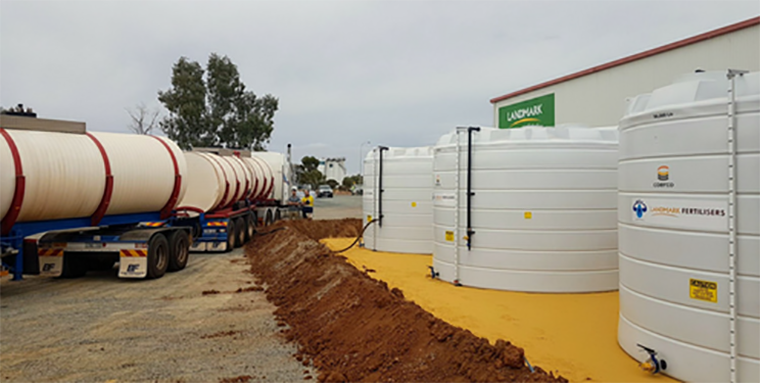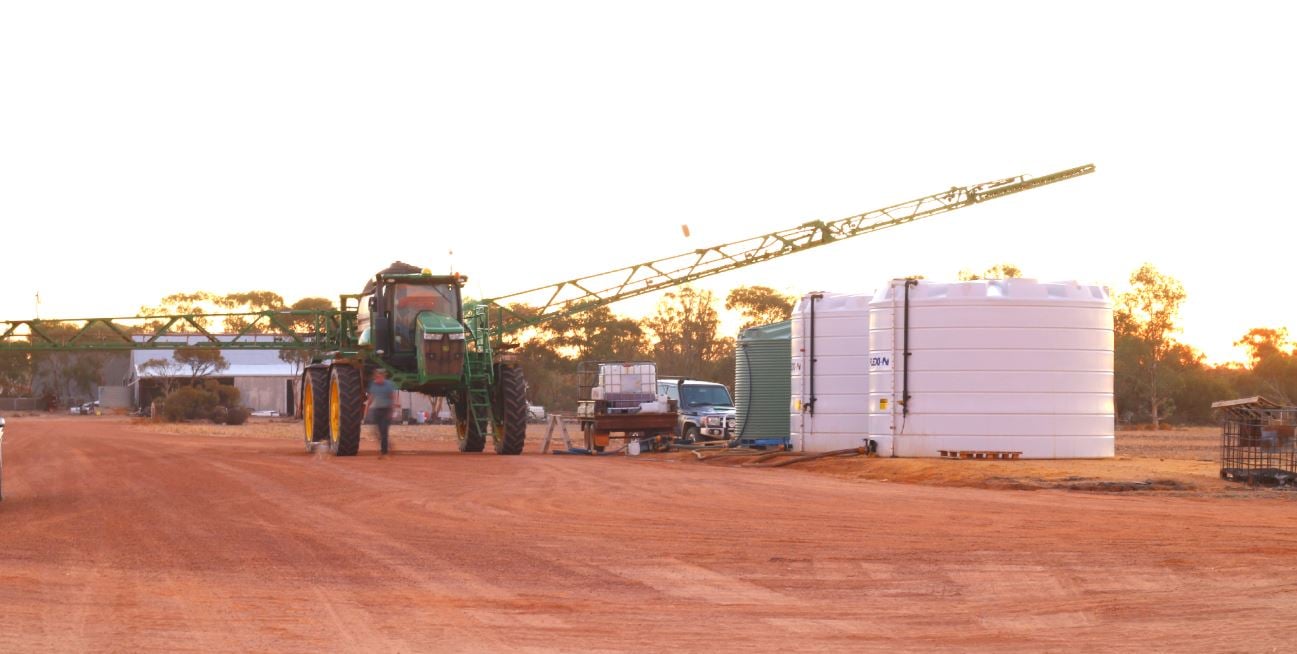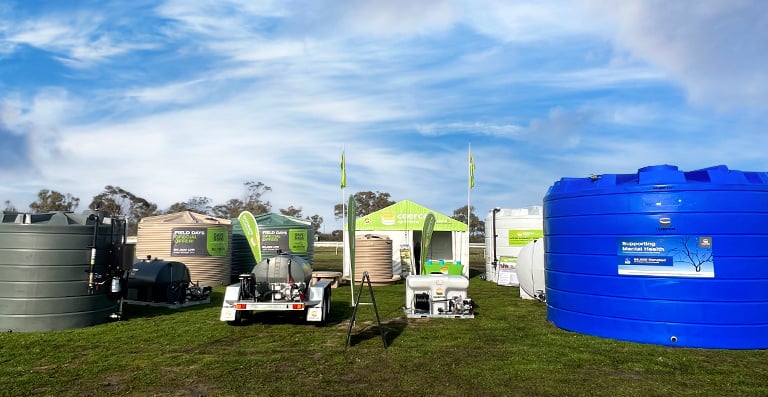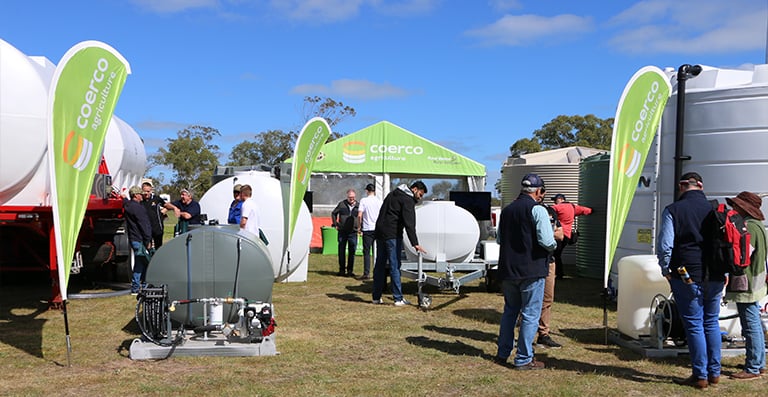Liquid fertiliser application is increasingly becoming a necessary practice in modern-day farming all over Australia. In fact, according to the Journal of Applied Phycology, Australian farmers may resort to water-soluble seaweed extracts to accelerate crop growth in the face of harsh climatic conditions like drought, heatwaves, or excess rainfall.
However, handling and storing such agricultural chemicals comes with a load of responsibility. The reason: poor-quality liquid fertiliser storage tanks are prone to product leaks that risk financial loss, environmental degradation and harm to humans.
So, what exactly does the safe and durable storage of liquid fertiliser formulations entail? Here's a quick guide:
Liquid Fertiliser Overview
Liquid fertilisers are water-dissolved minerals in varying proportions, which farmers add to the soil to enhance crop growth and health. These solutions are sometimes preferable to granular formulations because of their quicker rates of absorption and subsequent delivery of nutritional benefits to plants soon after application.
Some of the water-soluble fertilisers you need to store contain essential elements such as:
- Nitrogen: Nitrogen helps plants synthesise energy necessary to stimulate growth and enhance the production of high-quality fruits or seeds.
- Potassium: The element is critical to the healthy development of crop roots, fruits, and leaves. Plants need it to stimulate food production as well as boost their immunity against infections and diseases.
- Phosphorous: Crops use phosphorous to make their own food and grow to optimal maturity and strength. The nutrient enhances fruit production by promoting energy transmission throughout the crop's structure.
- Calcium: Plants need this nutrient to build a solid cell wall structure as well as optimise the availability and transfer of other minerals.
How Best to Store Liquid Fertiliser
- Typically, poly tanks boast various features that make them a cost-effective and safe way to store agricultural fertilisers in solution forms. For starters, these containers are outcomes of flawless automatic manufacturing processes that guarantee perfect engineering and construction. Likewise, the tanks keep your fertiliser safely inside because they're not prone to leaks associated with many seams.
- Poly storage tanks are a worthy long-term investment for they're hardiness and corrosion-resistance. They neither rust on exposure to wetness nor degrade due to contact with other chemicals, including fertilisers.
- Equally important, it's more straightforward and affordable to fabricate poly tanks with various custom specifications for shape, size, and constructions.
Are you a large-scale farmer or manufacturer struggling to handle high volumes of water-dissolved fertilisers safely? At Coerco, we design and build sturdy liquid fertiliser storage tanks at competitive rates. Contact us now to order your custom delivery!









What do you think about this post?
Comments